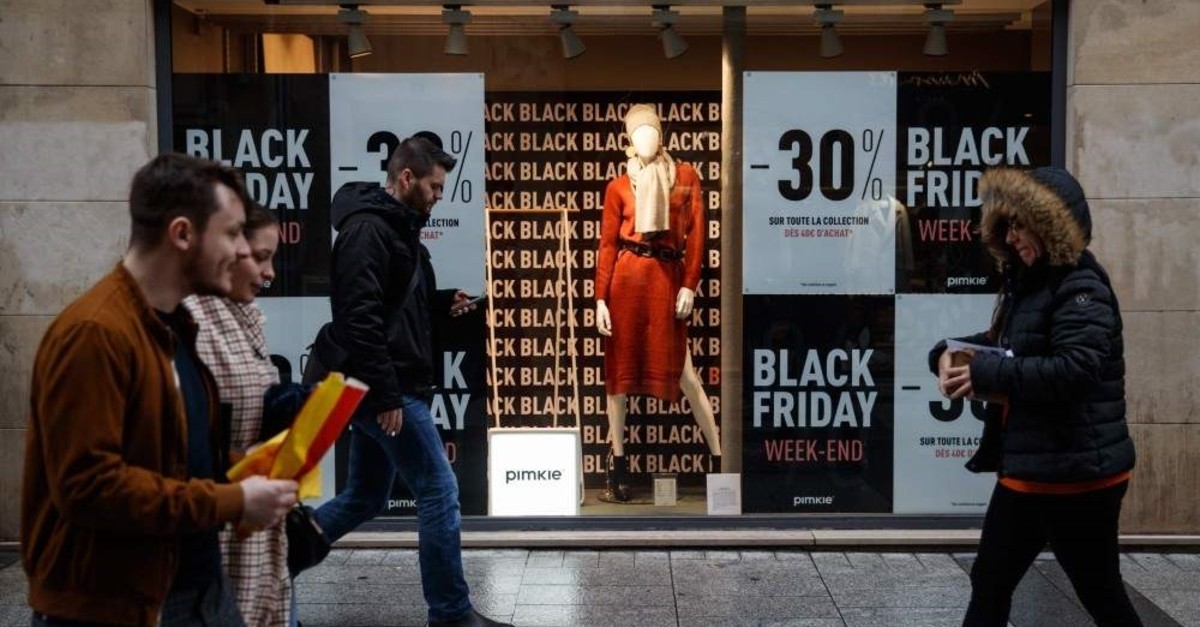
There's no denying that Black Friday offers are sometimes really cheap. But more often than not, they're just normal products disguised as bargains. In fact, a recent survey in the U.K. found that 95% of items in Black Friday sales were cheaper or the same price after the sale ended.
Sales like these aggressively push tech devices, fashion and other quick purchases online. But it's often hard to tell if you're really getting a deal. Does this really cost less, or was it available at that price two weeks ago? And how do you make sure you don't fall for impulse purchases and false deals? To avoid being pressured to buy something before a sale ends, patience and research is the key, say the experts at the European Consumer Centre (ECC).
1) Don't believe anything is a bargain
It's not uncommon to see discounts of up to 70% in shops or online. But these usually refer to the retail price recommended by the manufacturer, and not the price of last week. The retail price, however, is hardly ever the actual market price, say the ECC experts. According to British consumer awareness magazine Which?, more than half (60%) of all Black Friday sale items in the U.K. were cheaper or the same price before the so-called sale even began. Before falling for the discount, you're better off searching around for the product in rival online shops.
2) Is it really the one you want?
Take a closer look at the product description, and it might turn out that you're not getting exactly what you're looking for. Products like smartphones and kitchen machines often have different versions of the same model with varying features and product numbers. What may feel like a bargain is perhaps just a budget version of the laptop that looks the same but is equipped with cheap hardware.
3) Prepare for hidden shipping costs
Things don't always look like a bargain when you add shipping costs. It's also worth checking what kind of delivery time to expect. Otherwise you can end up waiting forever for that slightly cheaper phone charger to arrive from China.
4) Watch for how you pay
Lesser known deals websites will usually only sell the goods for advance payment, something consumer protection experts say you should be wary of. If you don't know the website you're buying from and are worried about fraud, it pays to look for established payment methods such as credit card or providers like Apple Pay, Google Pay and PayPal.
5) Create a wish list
It sounds simple, but it can be a real help. Instead of spontaneously buying it, you first put the product on a wish list and postpone the purchase until later. Some websites like Amazon and game shop Steam will let you do this and even notify you when something on your list is actually on sale. If you set the list to public, friends can even buy it for you. And if not, you may just discover you never really needed it to begin with.
